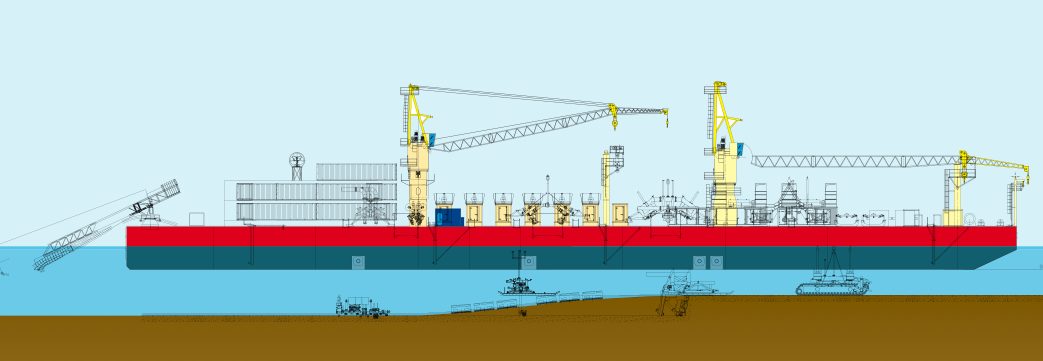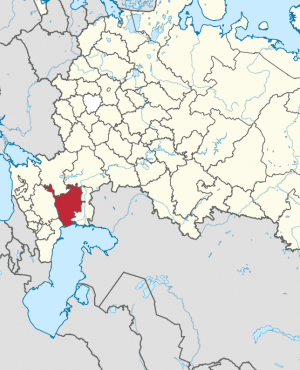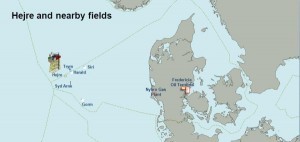India Seeks $1.1 Billion Reparation After MSC Fuel Spill in May
The southern Indian state of Kerala has sued MSC Mediterranean Shipping Co. for the environmental damages caused by a ship capsizing off its coast, according to a court document.

Saipem announced today they have been awarded $1.1 billion in new Engineering and Construction contracts offshore Russia and the North Sea.

In Russia, Saipem signed a lump sum EPCI contract with LUKOIL-Nizhnevolzhskneft (a wholly-owned LUKOIL subsidiary), for two export pipelines connecting the riser block in the Vladimir Filanovsky offshore field, in the Northern Caspian Sea, to the onshore shut-off valves, located approximately 10 to 20 kilometres from the coast, in the Russian Kalmyk Republic.
The scope of work comprises the engineering, procurement, fabrication and installation of a 22-inch diameter and 114-kilometre long oil pipeline, and of a 28-inch diameter and 114-kilometre long gas pipeline, in a maximum water depth of 6 meters, along with related onshore pipelines of 10 and 20 kilometres respectively. Offshore activities will mainly be performed by the pipelay barge Castoro 12 and by the trenching vessel Castoro 16 in different phases between 2013 and 2015.
The project is particularly challenging due to harsh environmental and operating conditions, such as sea-icing during the winter and extremely-shallow water-depths. Saipem will leverage its distinctive experience at frontiers and, in particular, its skills developed during the execution of the Kashagan project, on the Kazakh side of the Caspian Sea.

Furthermore, Saipem has been awarded new contracts by several clients in the North Sea.
Among these, Saipem signed a lump sum EPCI contract with Dong E&P in Denmark, for a gas export pipeline and an oil export pipeline in the Hejre field, located approximately 300 kilometres off the Western Danish coast.

The scope of work includes the engineering, procurement, fabrication and installation of a gas export pipeline of 24 kilometres and a 12-inch diameter, in a water depth of 69 metres and of an oil export pipeline of 90 kilometres and a 10-inch diameter, in a water depth of 40 metres, connecting the field to an offshore platform. The offshore activities will be performed between the second and third quarter of 2014.

Sign up for gCaptain’s newsletter and never miss an update

Subscribe to gCaptain Daily and stay informed with the latest global maritime and offshore news


Stay informed with the latest maritime and offshore news, delivered daily straight to your inbox
Essential news coupled with the finest maritime content sourced from across the globe.
Sign Up